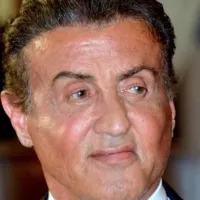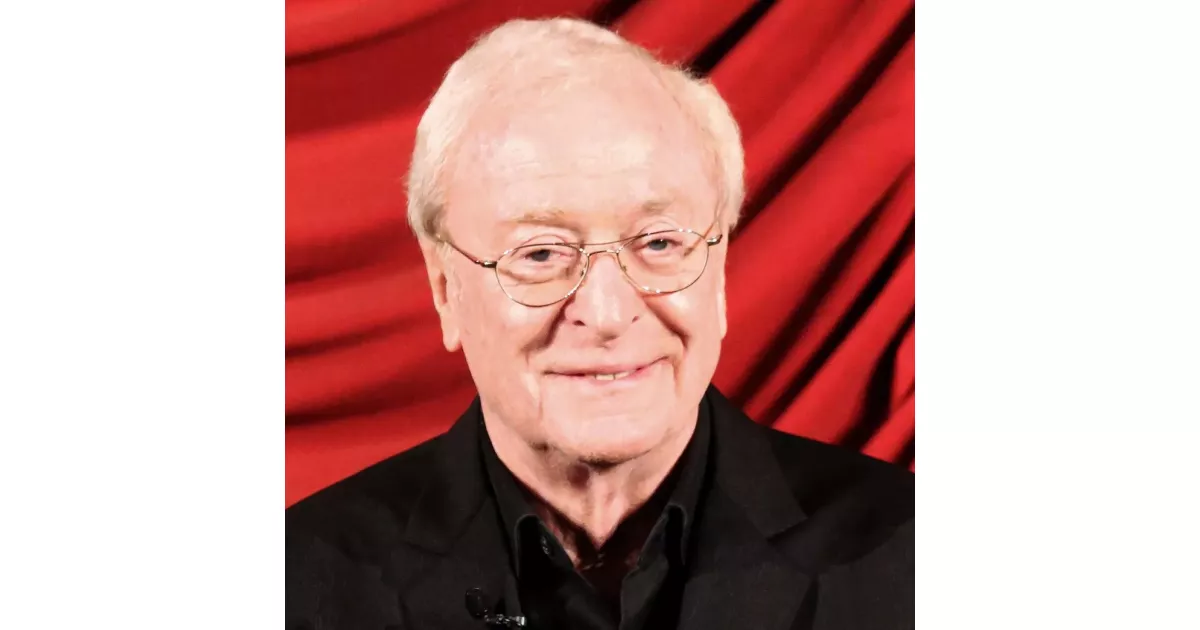Sir Michael Caine is a highly acclaimed English actor, recognized for his Cockney accent and extensive career spanning eight decades with over 130 films. A British cultural icon, he boasts numerous accolades including two Academy Awards, a BAFTA, and three Golden Globes. Films featuring Caine have grossed over $7.8 billion worldwide. He's one of few actors nominated for an acting Oscar across five decades. Caine received a BAFTA Fellowship in 2000 and was knighted by Queen Elizabeth II. He retired from acting in 2023.
Mentioned in this timeline

Shakira Isabel Mebarak Ripoll a Colombian singer-songwriter and dancer is...

Elizabeth II reigned as Queen of the United Kingdom and...

Sylvester Stallone is an acclaimed American actor and filmmaker with...
California is a U S state on the Pacific Coast...

Christmas is an annual festival celebrated on December th commemorating...
The Guardian is a British daily newspaper founded in as...
Trending

54 minutes ago The Highwomen Return: Carlile, Crow, Judd, and Spencer Reunite for Canyon Performances.

54 minutes ago Raphael Veiga's game impresses fans; Adapts to Mexico after leaving Palmeiras.
54 minutes ago Jalen Williams Injury Scare: Thunder Re-evaluating Hamstring After All-Star Break
3 months ago Titanic Passenger's Gold Pocket Watch Anticipated to Break Auction Records, Selling for Millions.

55 minutes ago Armando 'Hormiga' González's Goal and Missed Opportunity in Chivas vs. América Clash

2 hours ago Jacob Elordi's 'Wuthering Heights' film sparks debate with cringe press tour and changed ending.
Popular

Kid Rock born Robert James Ritchie is an American musician...

Pam Bondi is an American attorney lobbyist and politician currently...
Randall Adam Fine is an American politician a Republican who...

Barack Obama the th U S President - was the...
The Winter Olympic Games a major international multi-sport event held...

XXXTentacion born Jahseh Dwayne Ricardo Onfroy was a controversial yet...
